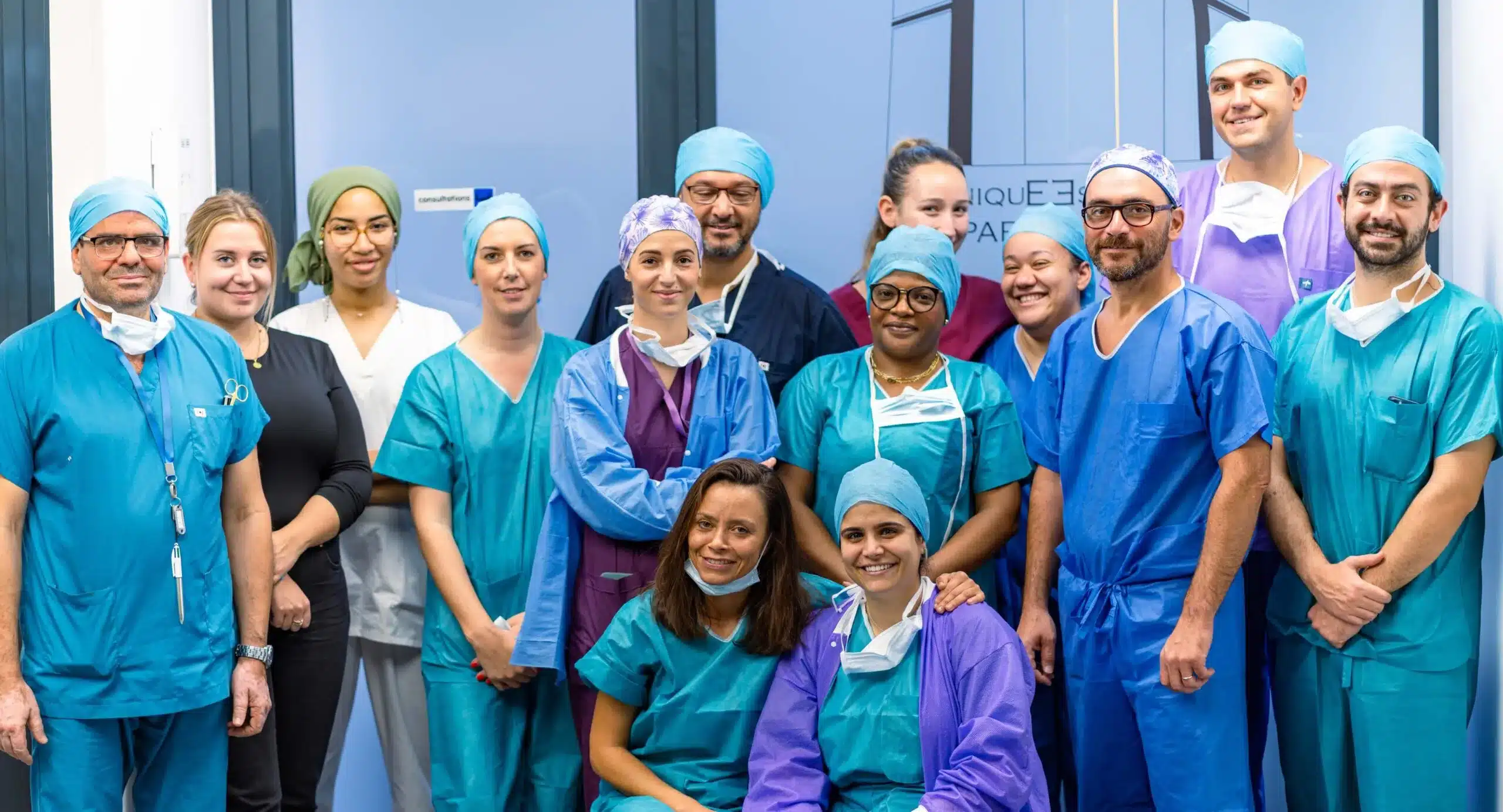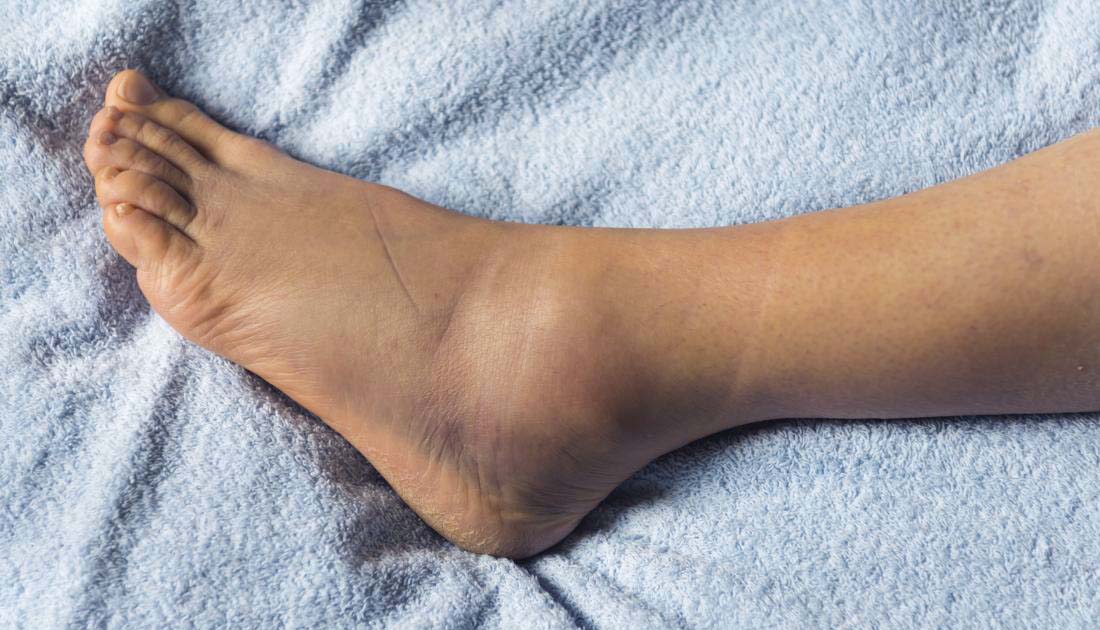As is often the case with surgery, lipedema surgery is likely to cause anemia in patients.
These anaemias are detected very quickly and blood transfusions are sometimes initiated postoperatively by the clinic’s anaesthesia services.
Blood that is too “fluid” is not good for surgery: it does not clot quickly and can cause bleeding.
It is very important for the patient not to take any medication containing aspirin or blood thinners for 10 days before the procedure. Discuss in detail with the medical team your possible treatments (current and past) and your medical history. It is crucial for the patient to follow the doctor’s instructions and to stop any treatment not approved by the surgeon before the operation.
How to ‘thicken’ your blood before an operation
If you have anaemic tendencies, you should change your diet 1 or 2 weeks before the operation. It takes a while for the blood to “fortify” and you need to change your diet and habits as soon as possible to have good results.
First: talk to your doctor, surgeon, pharmacist or nutrition specialist. Always seek professional advice before making any decisions. They will give you precise instructions and guide you in your choice of food and food supplements.
Eat foods rich in vitamin K. Vitamin K limits the risk of haemorrhage and is the coagulation vitamin par excellence. It helps to synthesise the proteins responsible for activating several coagulation factors. Vitamin K exists naturally in two forms: K1 and K2. Vitamin K1 (also known as phylloquinone or phytomenadione) is generally found in plant foods (green leafy vegetables, especially those with dark green leaves) and vitamin K2 (also known as menaquinone) is found in animal foods. There is also a synthetic form of the vitamin: K3 (also called menadione).
List of foods rich in vitamin K
- All types of cabbage (raw, cooked), spinach, turnip greens, dandelions, beetroot, all types of lettuce, beans, asparagus, escarole, parsley, broccoli, okra, chard, fennel, blueberries, edamame, kiwi, rapeseed oil, carrots, pomegranates, soybean oil, etc.
- Animal livers, offal, non-skimmed cheese, butter and cream.
Foods to avoid
Avoid certain foods and products rich in salicyates (colourless crystals naturally present in some plants that were used, among other things, as precursors of aspirin to fight fever).
Examples of products, medicines and foods rich in salicyates to avoid:
- Mint and mentholated foods (mint chewing gum, mint ice cream, mentholated sweets etc)
- Alka Seltzer, aspirins, non-steroidal anti-inflammatory drugs, eucalyptus oil
- Most spices and herbs (curry, anise, dill, cayenne pepper, thyme, liquorice etc)
- Nuts in general (almonds, pine nuts, peanuts, pistachios etc.)
Drink plenty of water
Stay hydrated! Good blood circulation and a healthy body are above all a matter of good hydration! Adopt the reflex of drinking 8 large glasses of water a day (about 1.5 litres).
Reducing alcohol consumption
Diminuez forteReduce your alcohol consumption considerably as it tends to thin the blood. If possible, even abstain from alcohol completely in the last days before the operation. Of course, small amounts of alcohol will not make the blood flow more freely, but if you naturally have thin blood, it is best to take every precaution.
Avoiding Omega 3
Refrain from consuming a lot of certain foods that are high in omega-3 fatty acids. These essential fatty acids are excellent nutrients for health and are recommended in normal circumstances BUT they thin the blood and are anti-coagulant. You should therefore avoid eating a lot of them before the operation. On the other hand, these foods will be very useful AFTER your operation to establish a healthy diet.
List of foods with high omega-3 content
Fish, especially fish that is not farmed and comes from natural sources (salmon, herring, mackerel, anchovies, sardines, cod, etc.). Also stop your fish oil cures before the operation because the capsules and ampoules of this type contain a huge amount of omega 3. Flaxseed oil, rapeseed oil, mayonnaise, chia seeds, flaxseeds…
Taking iron
Eat iron-rich foods
Iron is an essential trace element in the body’s creation of haemoglobin and myoglobin.
In your diet you will find two sources of iron :
- Haem iron, which accounts for 70% of the iron in our bodies. Eating poultry, meat, offal and fish will increase your haem iron levels.
- Non-heme iron, which is found in vegetables (lentils, dried beans, tofu, oatmeal, dried figs, etc) and eggs. This type of iron is less well absorbed by the body. Its absorption will depend on the other foods in the meal: foods rich in vitamin C will greatly help to fix this iron, whereas a high consumption of tea will slow down the fixing of iron and may even cause the level of iron in the body to fall.
Seek advice from specialists
For more information, ask one or more professionals for advice: tell them about your diet and the dosage of your medication if you are being treated.

Before the operation, if you are found to be anaemic (pale, tired, iron level too low, etc.) you will be prescribed iron tablets to be taken (a systematic treatment lasting one month).
Iron infusions with E.P.O. (EPO, also known as erythropoietin, a hormone that increases the level of red blood cells in the blood naturally produced by our kidneys, liver, brain and uterus) may also be given to you by the anaesthetist if necessary.
Immediately after the operation, a ‘haemocue’ test (also called ‘haemoQ’) is carried out to check your haemoglobin level: a drop of your blood is analysed in a few seconds by a small machine belonging to the doctor. If your haemoglobin level is too low, an infusion may be considered.
Conclusion : Anemia – Tips for preparing for surgery
If anaemia is too high, an operation may be postponed.
A blood test is taken one week after the operation: if the iron level is too low you will be prescribed iron.


